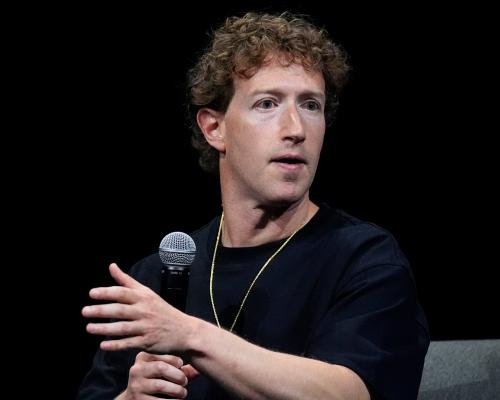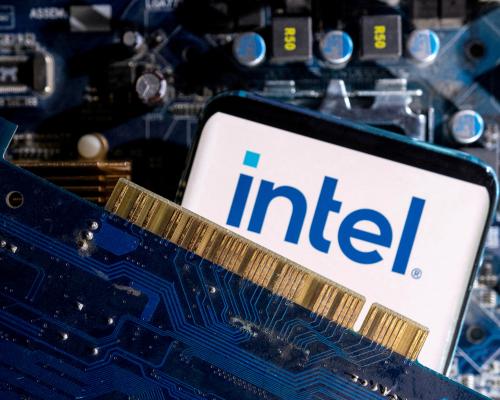
The Productivity Commission is examining whether technology firms should be exempted from copyright rules that stop companies from mining text and data to train artificial intelligence models.
The PC, in its interim report into “harnessing data and the digital economy”, used copyright as a case study for how Australia’s existing regulatory framework could be adapted to manage the risks of artificial intelligence.
A key recommendation from the interim report was that the federal government should conduct a sweeping review of regulations to plug potential gaps that could be exploited by “bad actors” using AI.
Scott Farquhar, the co-founder of software company Atlassian, last week called for an “urgent” overhaul of Australia’s copyright rules, arguing they were out of step with other comparable countries.
Farquhar said creating exemptions for text and data mining to train large language models “could unlock billions of dollars of foreign investment into Australia”.
That suggestion has been rejected by the Copyright Agency, a not-for-profit organisation that collects and distributes royalties to thousands of copyright holders. The agency has argued instead for the government to create a new compensation scheme for creators of content used by tech companies to train their AI models.
Sign up: AU Breaking News email
Stephen King, one of two commissioners leading the PC’s inquiry into harnessing the opportunities of the digital economy, said: “Copyright is a great example of where Australia needs to sit back and ask: ‘Are our laws fit for purpose with AI?’”
“The obvious harm is that an AI company may use copyright materials without providing appropriate compensation. On the other side, we want the development of AI-specific tools that use that copyrighted material,” King said.
“It may be possible to say, can we approach AI the same way we have approached copyright in other ways, through copyright collections. Music is played everywhere, so we have set up collecting societies that are authorised under our competition laws, and they act on behalf of singers, songwriters and creators.”
King said the PC was asking for feedback on other options, before a final recommendation by the end of the year.
“We have a fair dealing exemption that doesn’t include text and data mining, maybe that should be an exemption – as long as AI companies are gaining legal copies and they have paid for it.”
In its third of five thematic reports, the commission said artificial intelligence could resuscitate Australia’s moribund productivity.
PC modelling showed that even the most conservative estimate was that AI would deliver a $116bn boost to the economy over the next decade.
King said that this translated into a $4,300 kicker to the average Australian’s real wage in 10 years’ time, and that the actual benefits could be much larger.
The commission advised against creating an overarching AI-specific piece of legislation, and warned that clumsy or excessive regulation risked stifling the technology’s potentially transformative benefits.
That message is likely to be well received by the government, with Andrew Leigh, the assistant minister for productivity, backing this approach.
But King said the commission was not arguing for a minimalist approach to AI regulation.
“It’s not light-touch at all. What we are saying is that AI is going to make it easier, cheaper and faster for bad actors to engage in harmful conduct. But most of that harmful conduct is already illegal,” he said.
“Let’s work out where the harms are and see whether they are covered by existing law. And if they are, let’s make sure the regulators have the resources and powers to stop the bad actors.”
The PC’s interim report also backed changing privacy rules to incorporate an outcomes-based approach, rather than a “box-ticking” exercise where businesses “comply with the letter of the law but not the spirit of it”.
The commission said the government “should support new pathways to allow individuals and businesses to access and share data that relates to them”.







